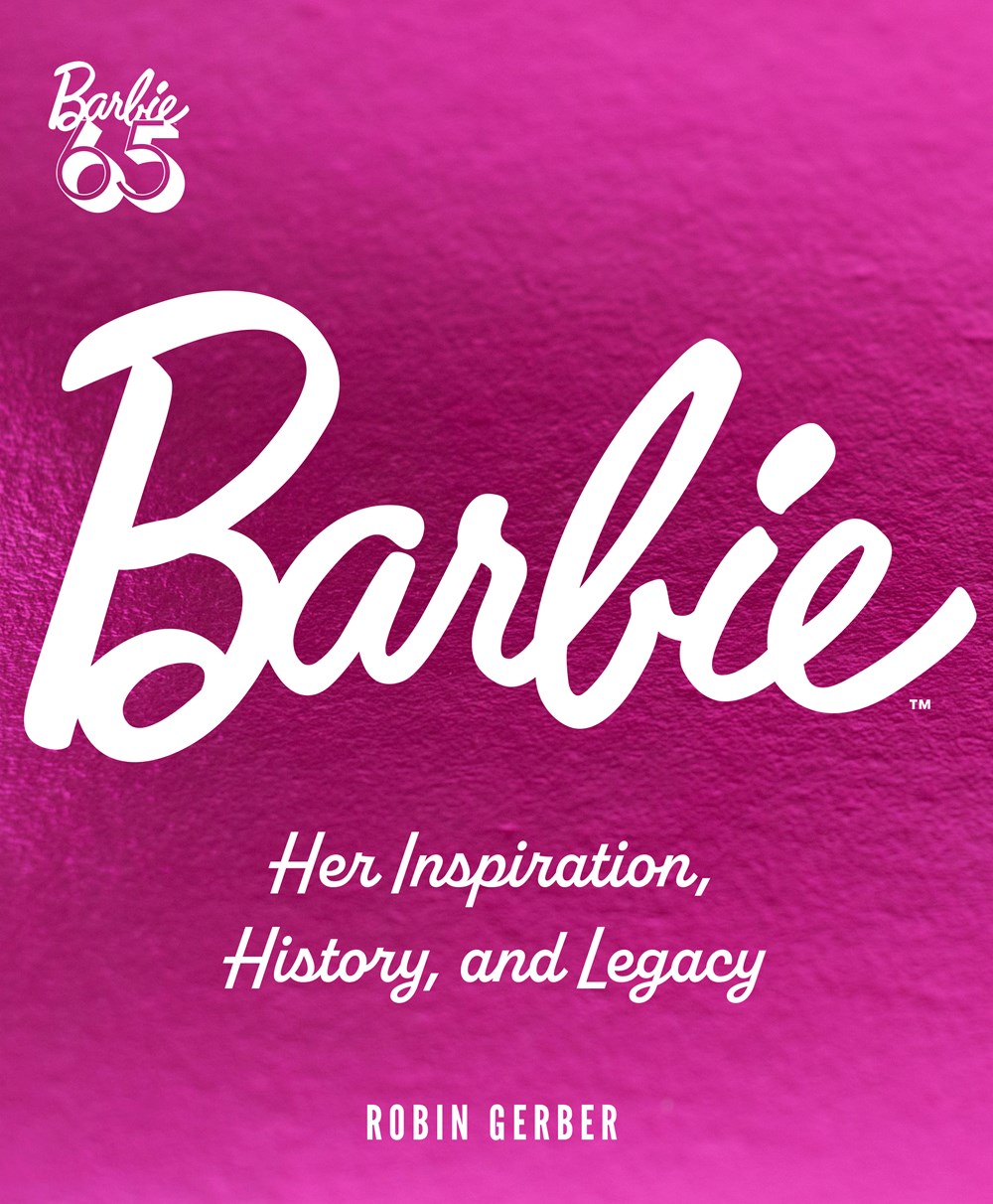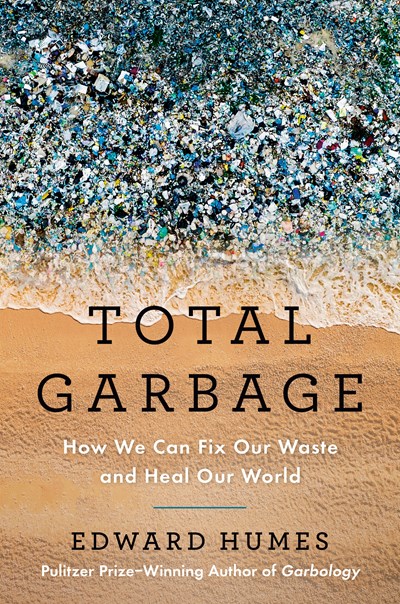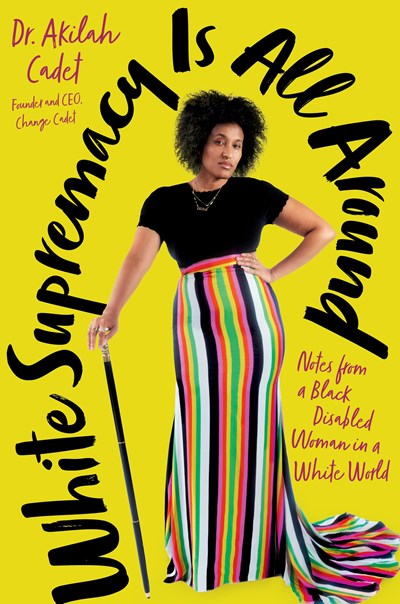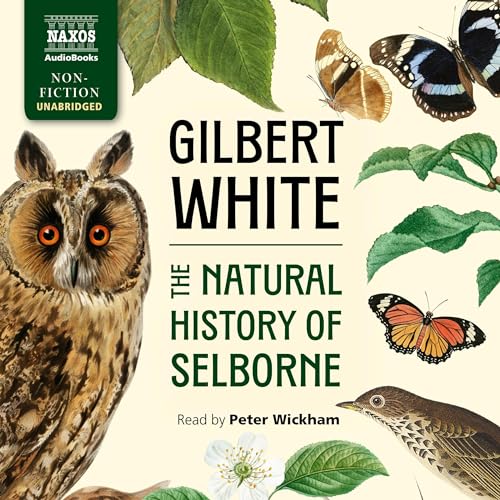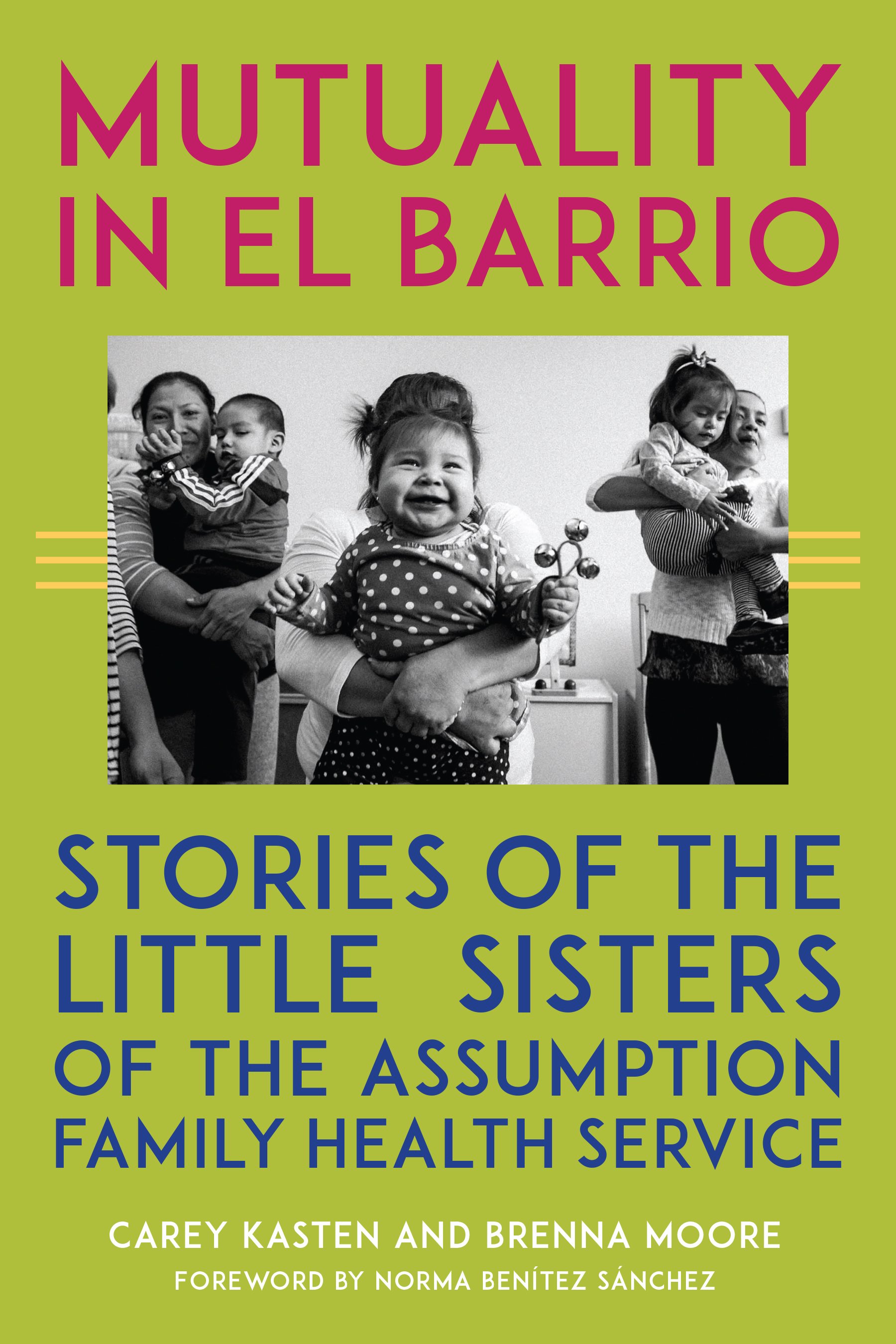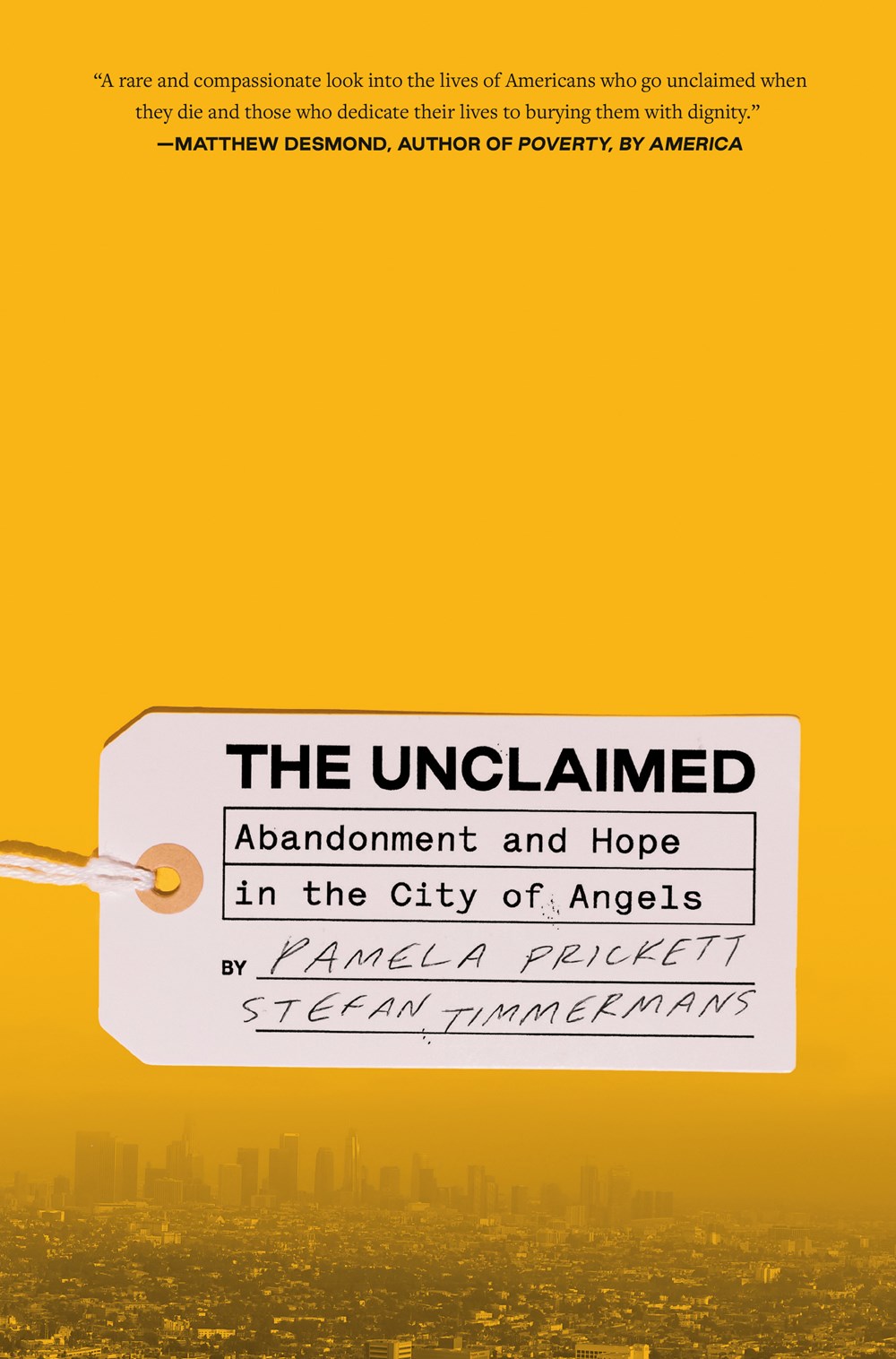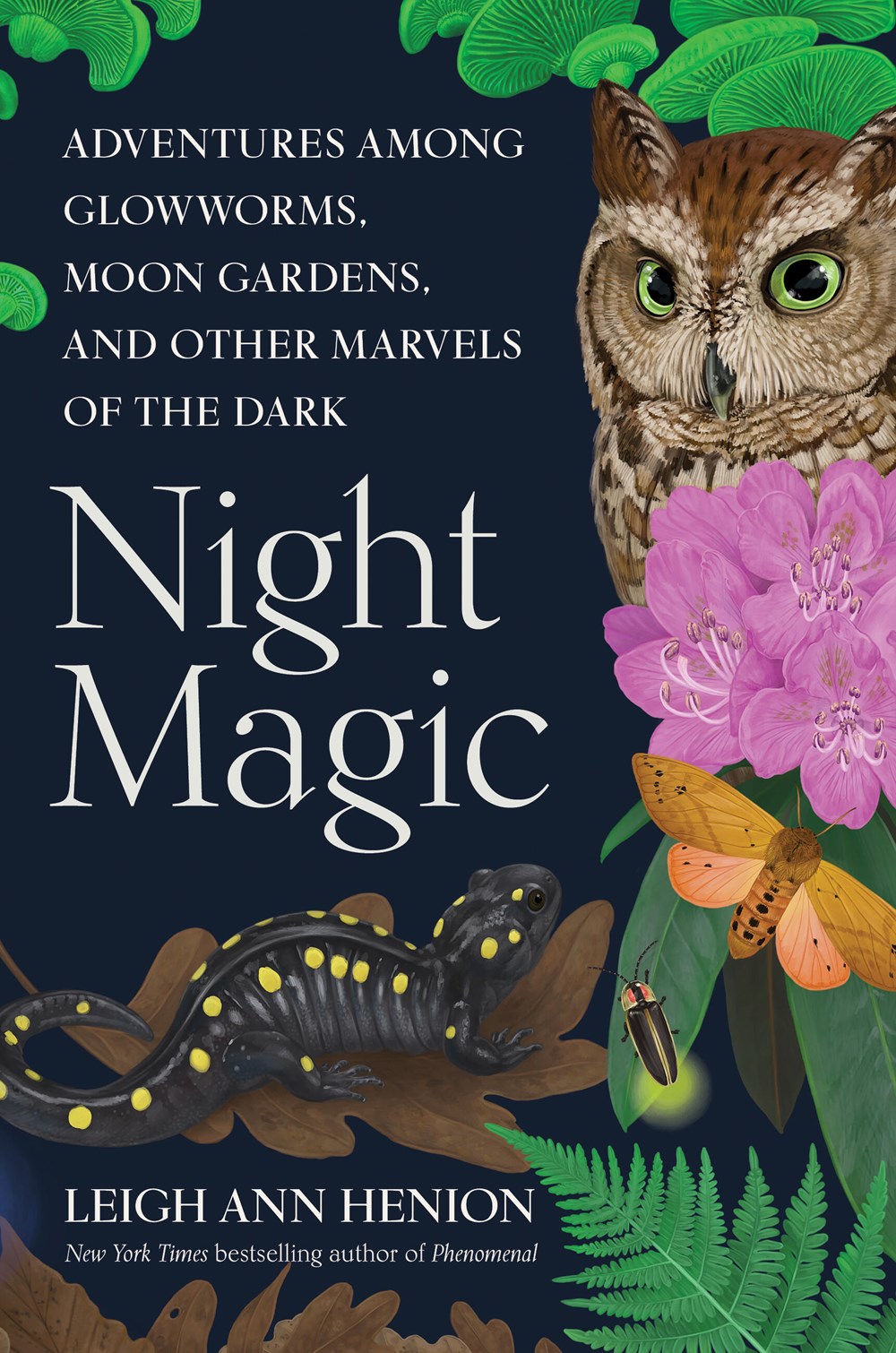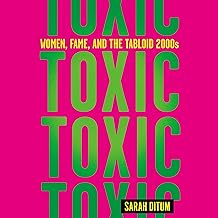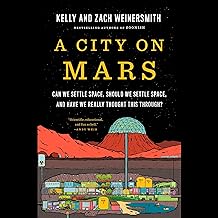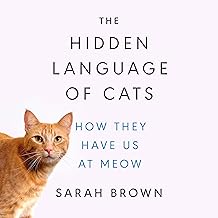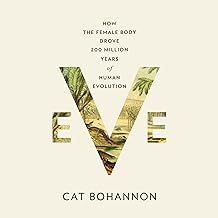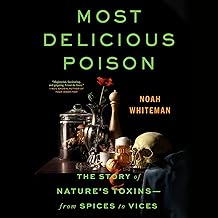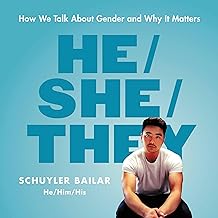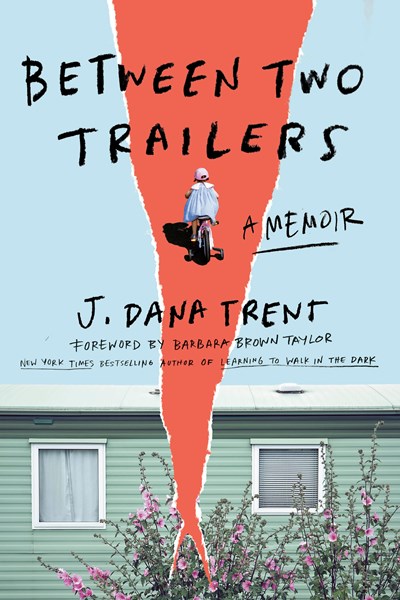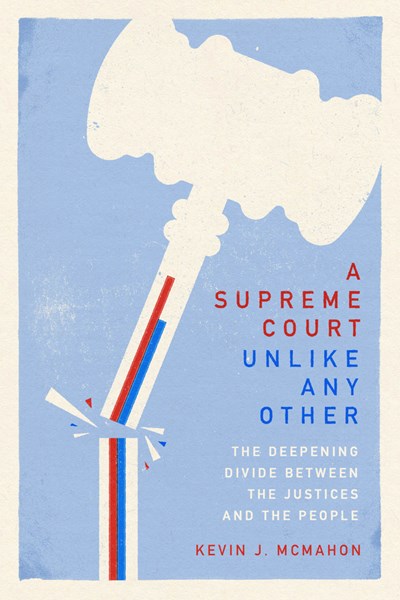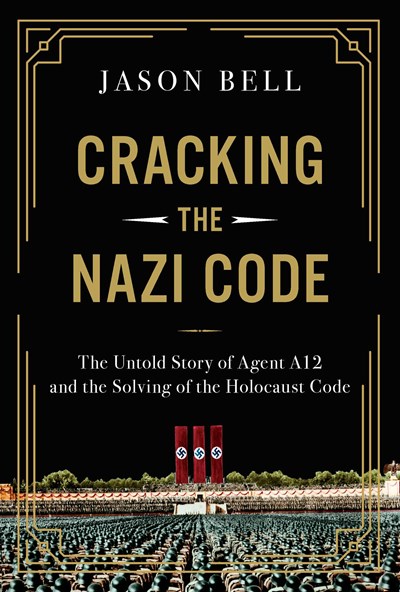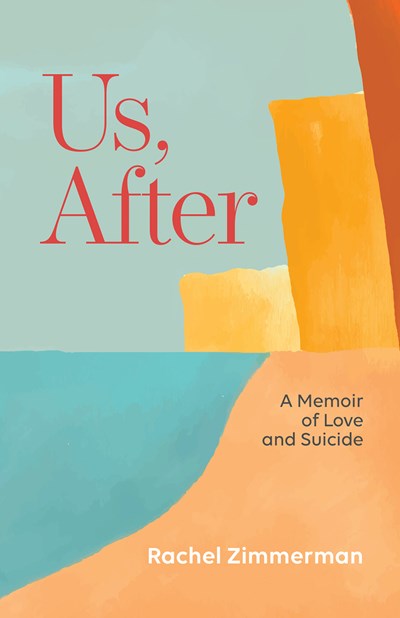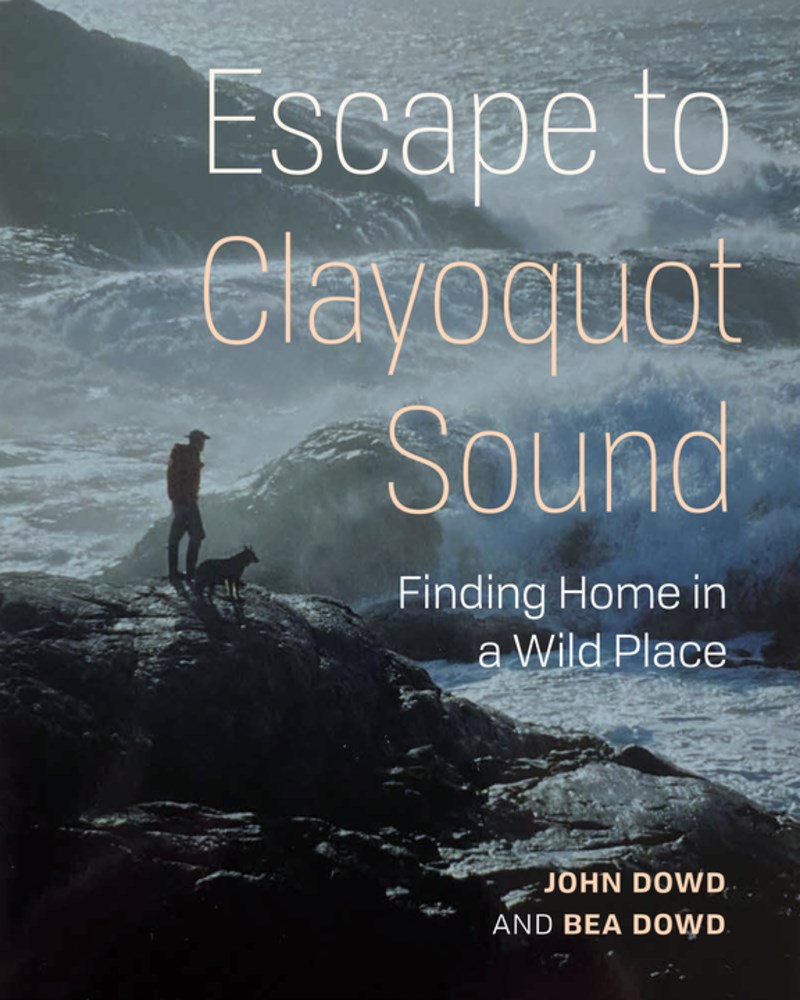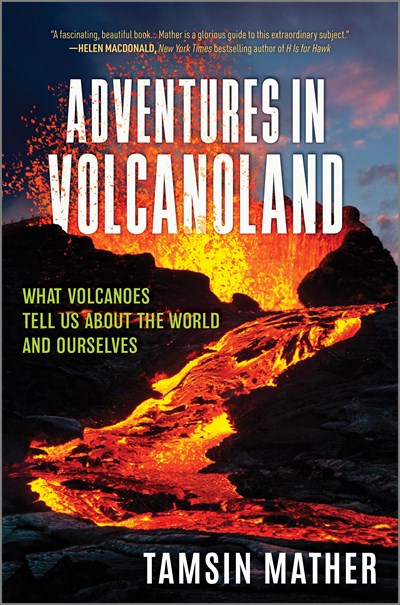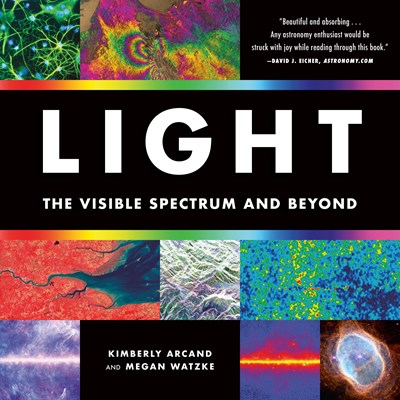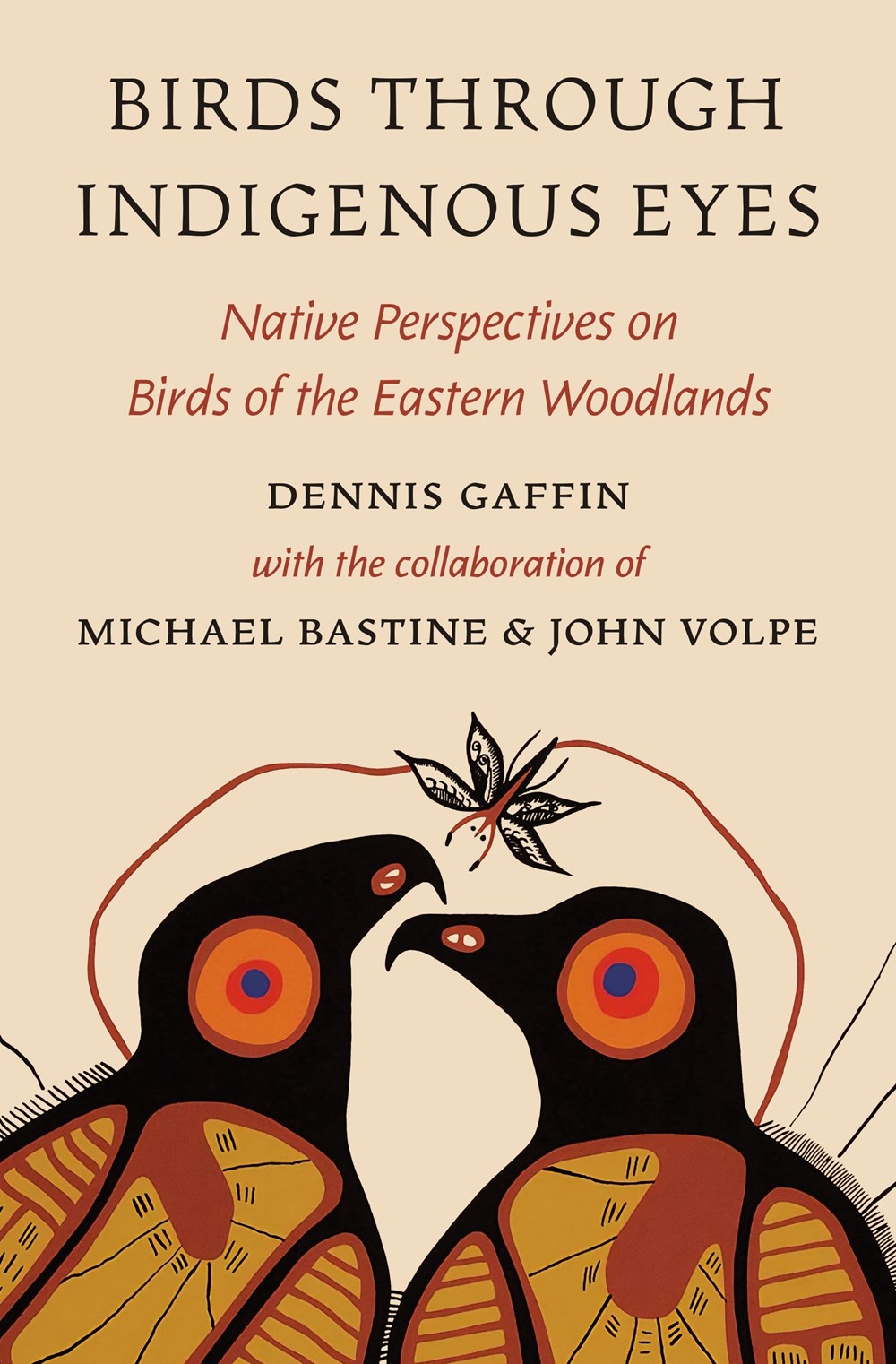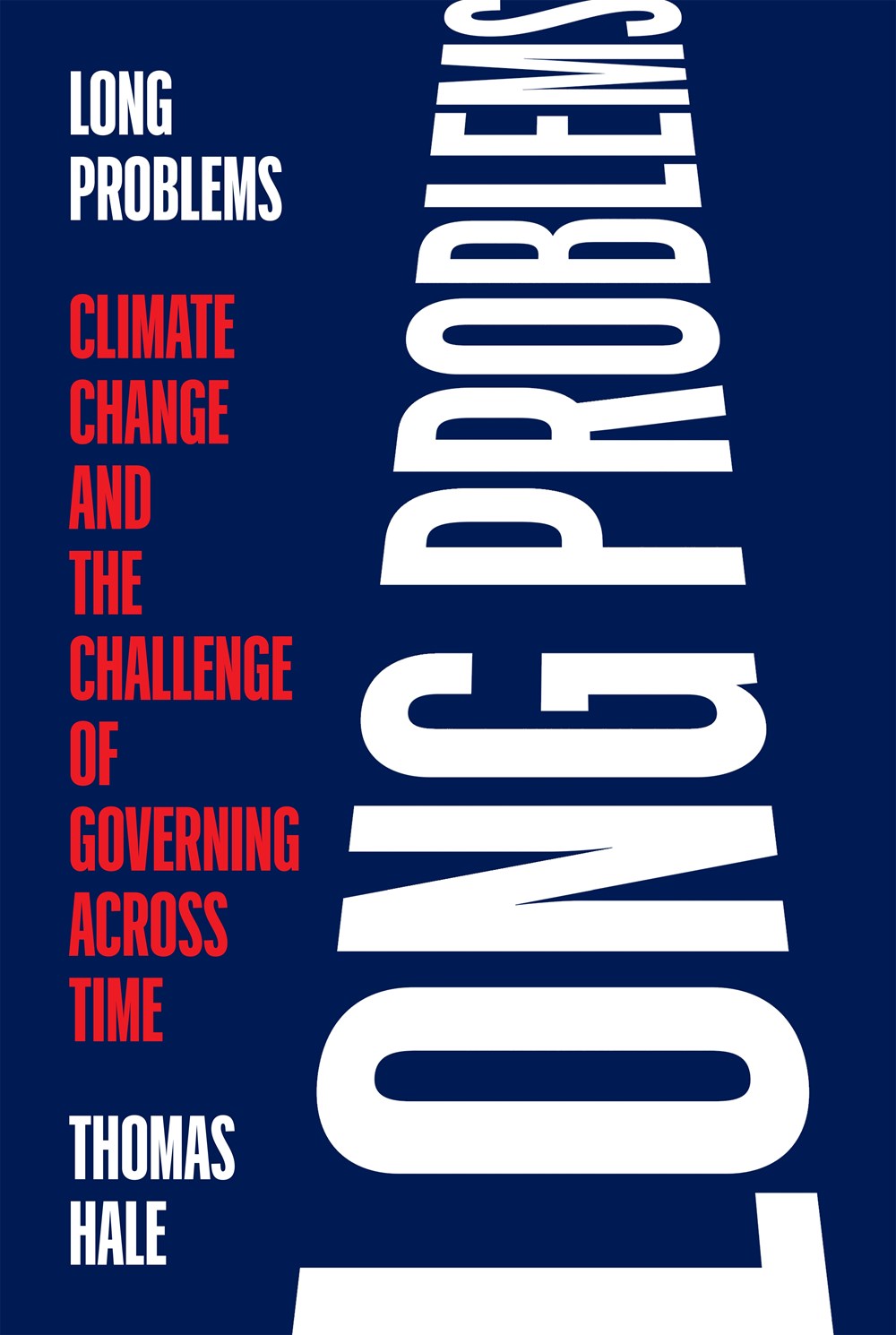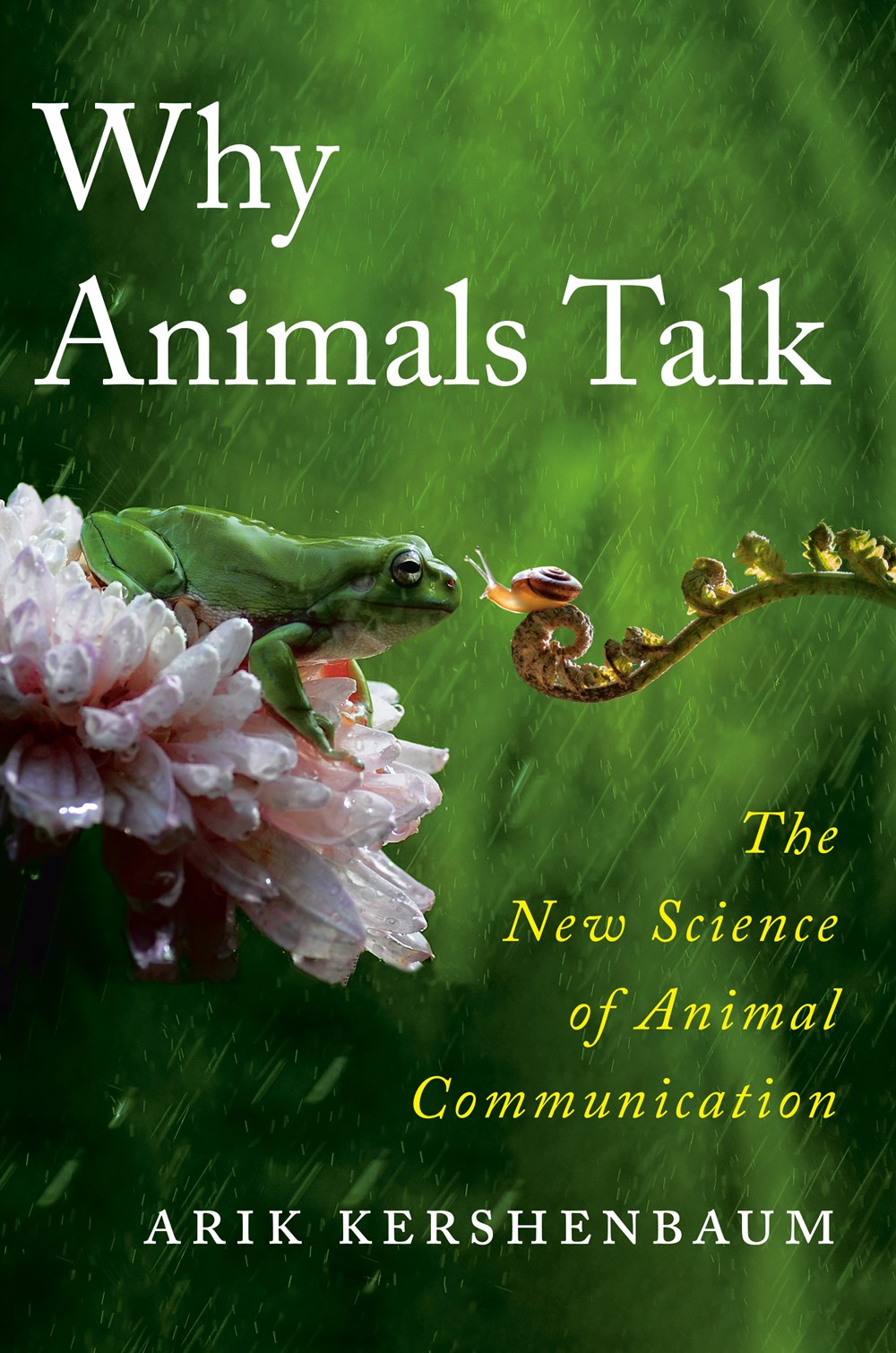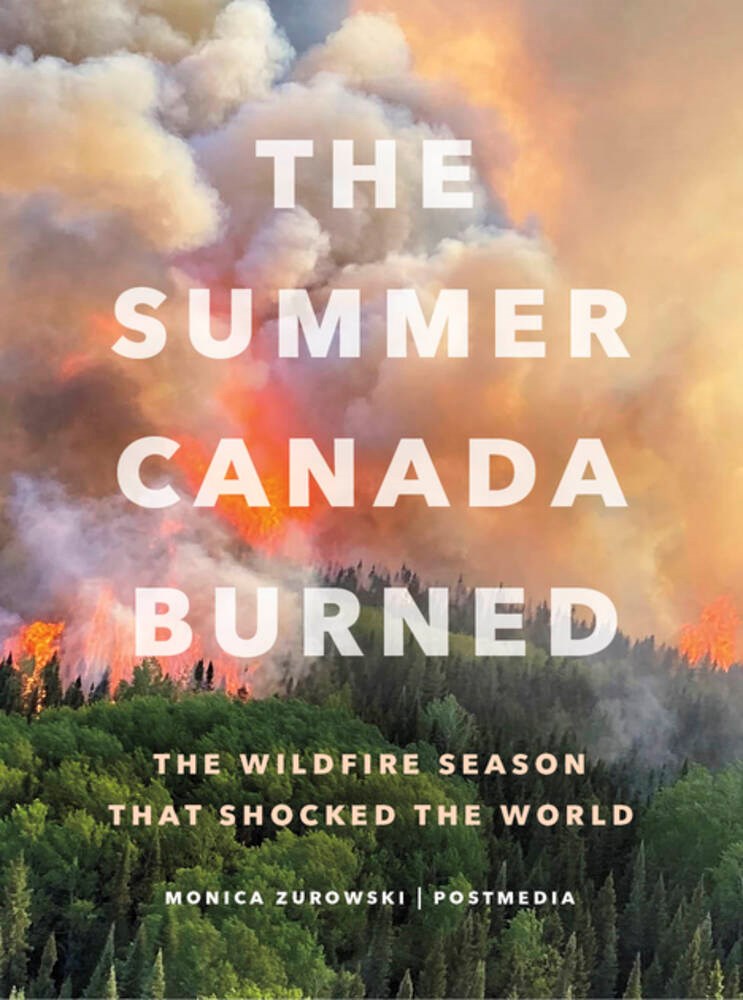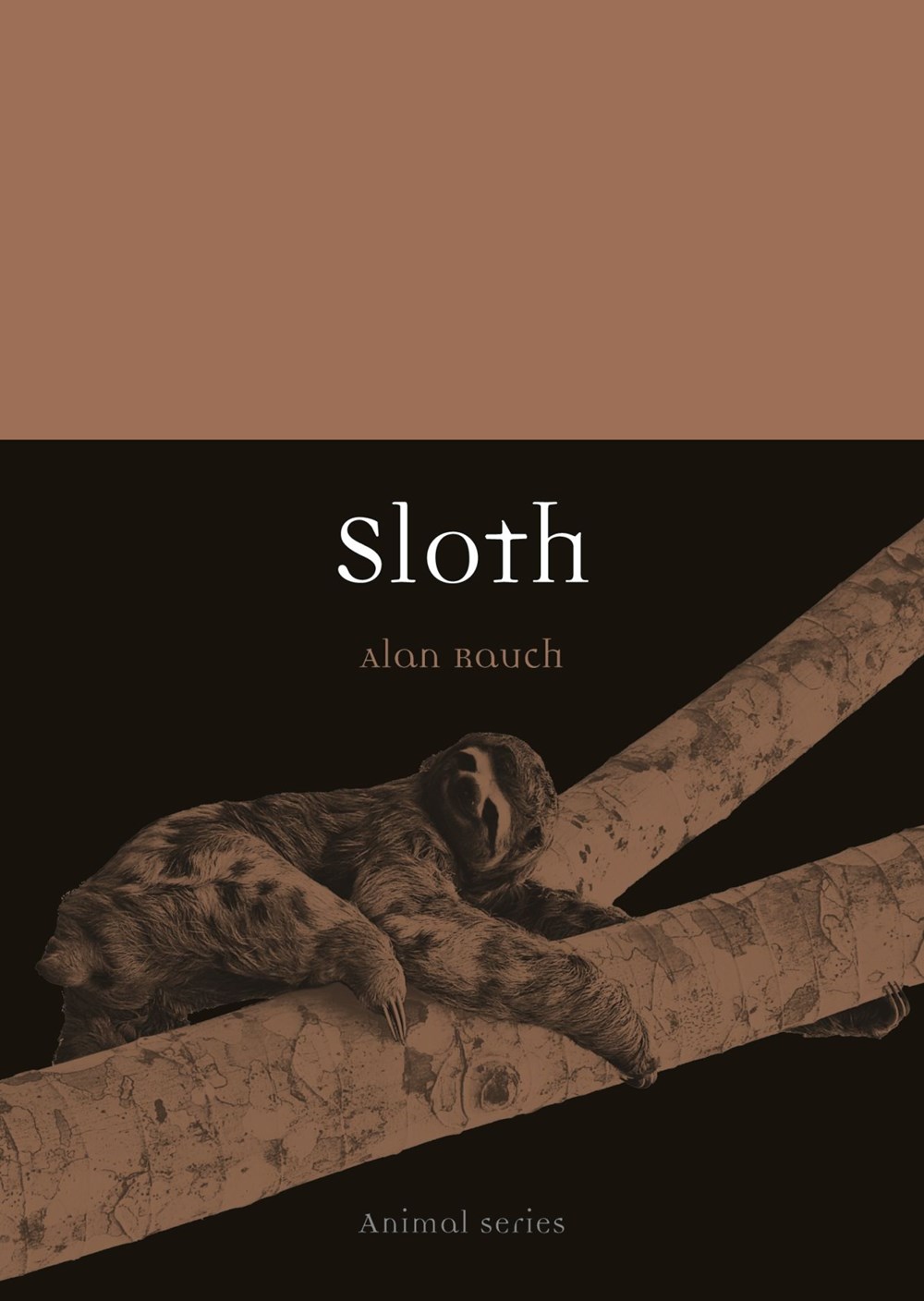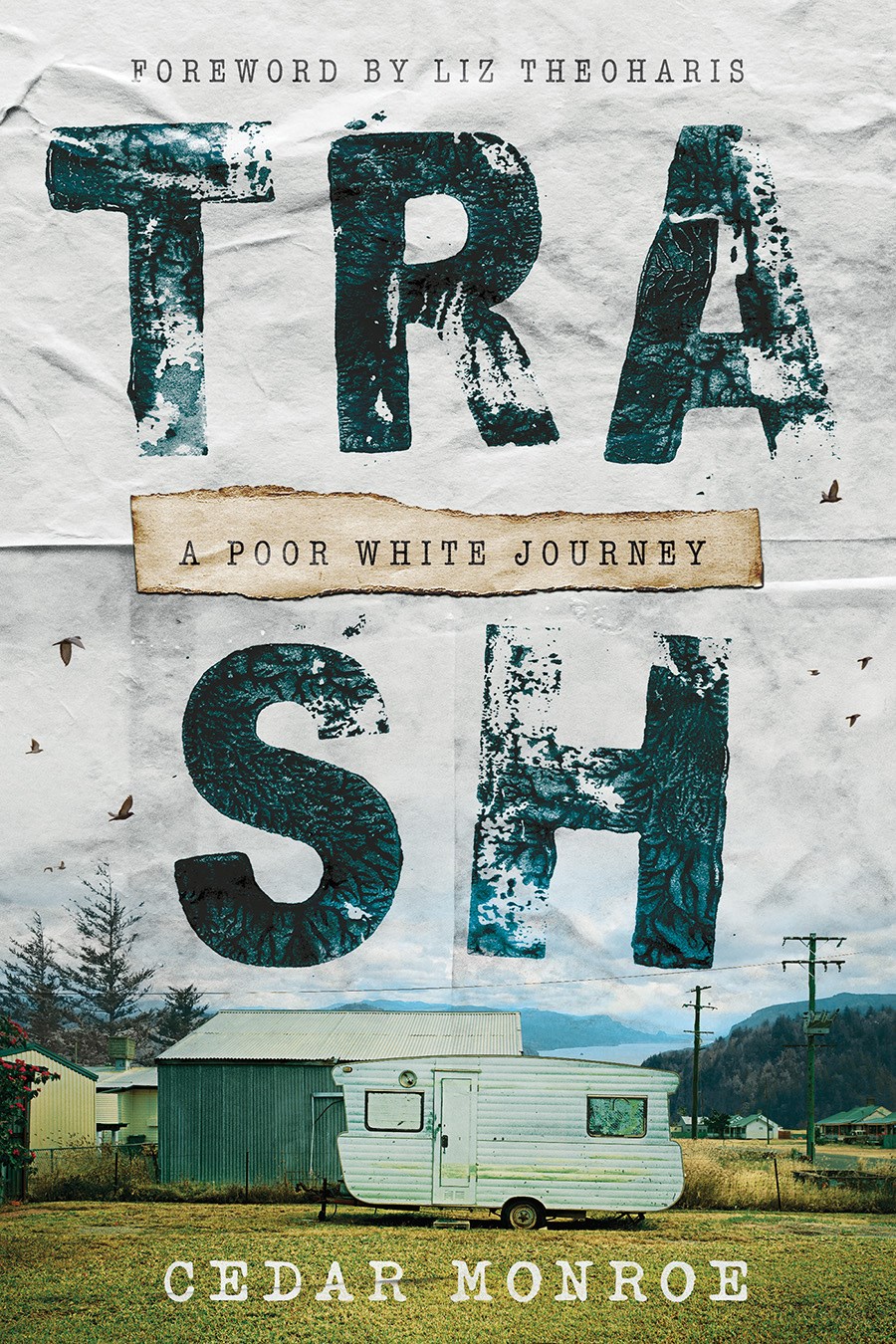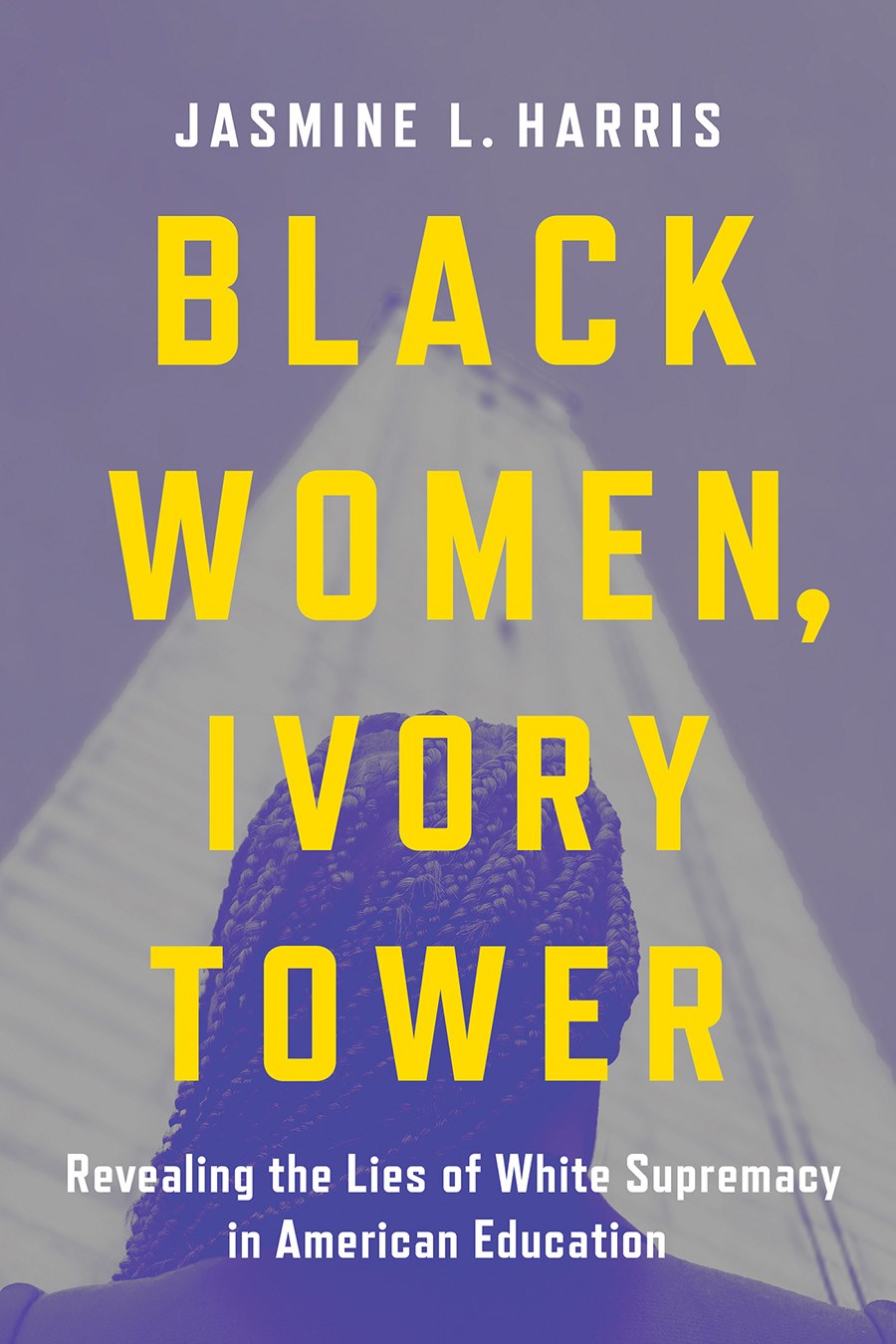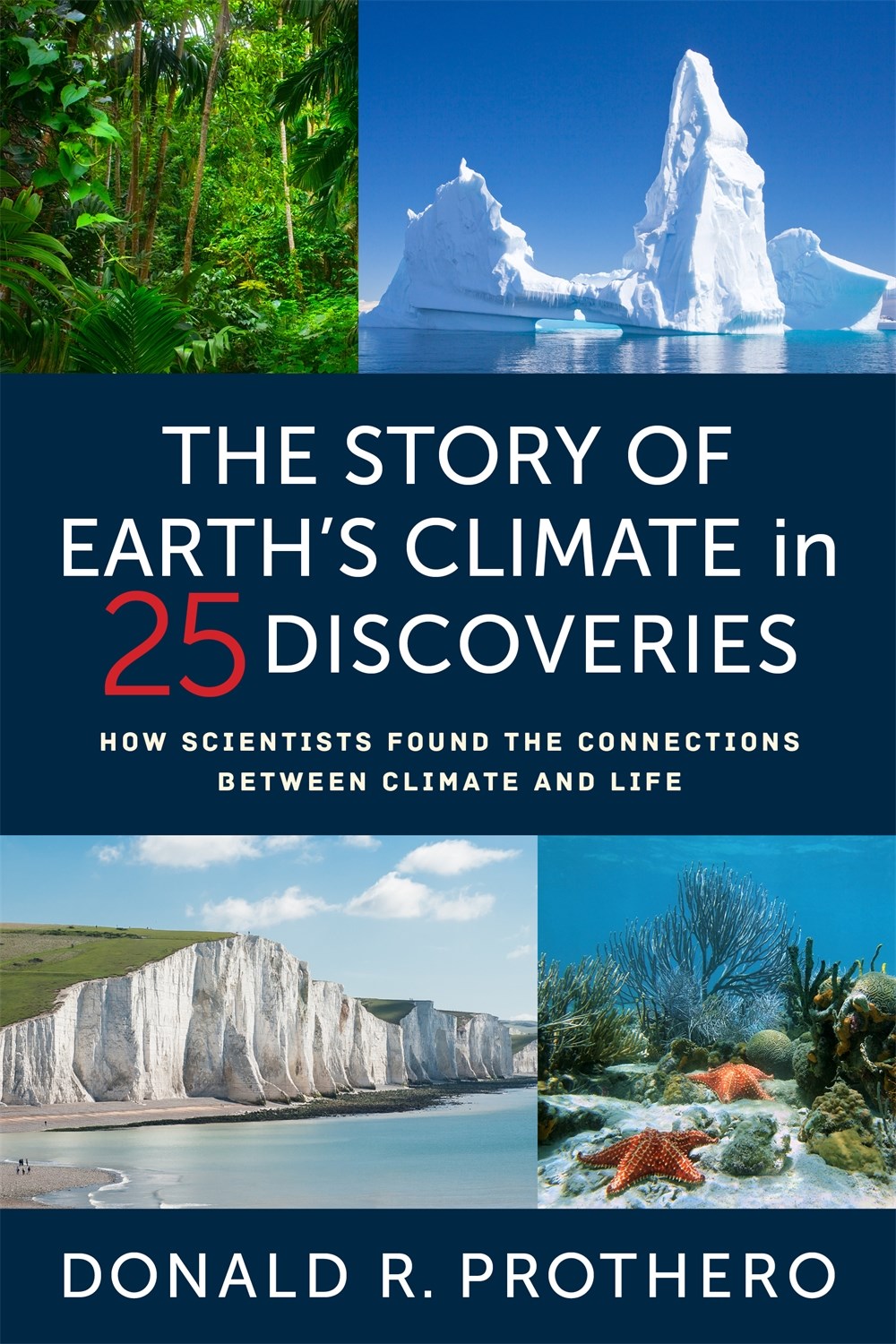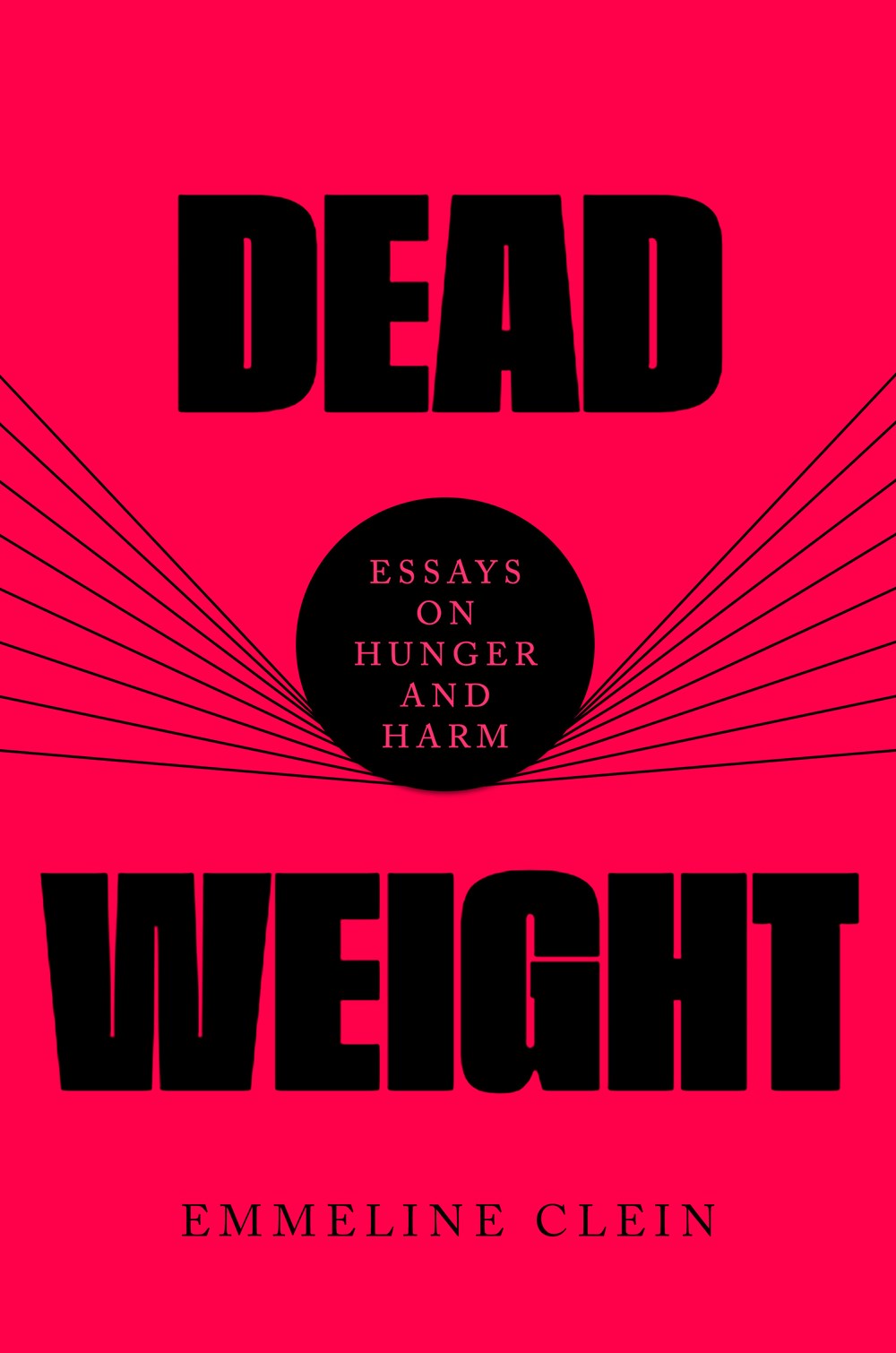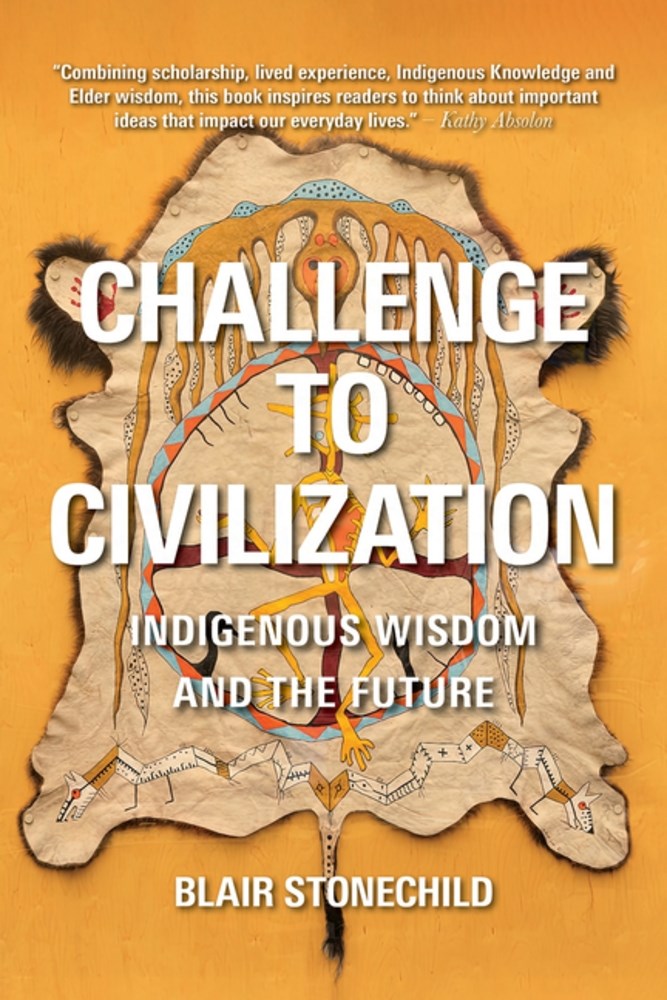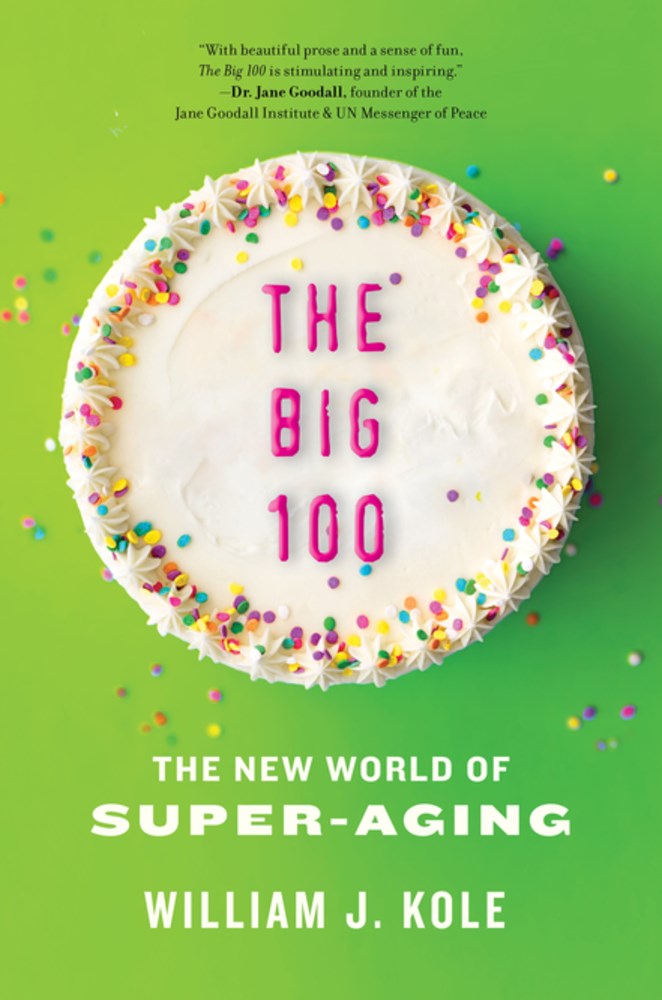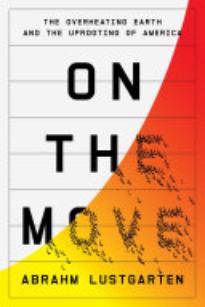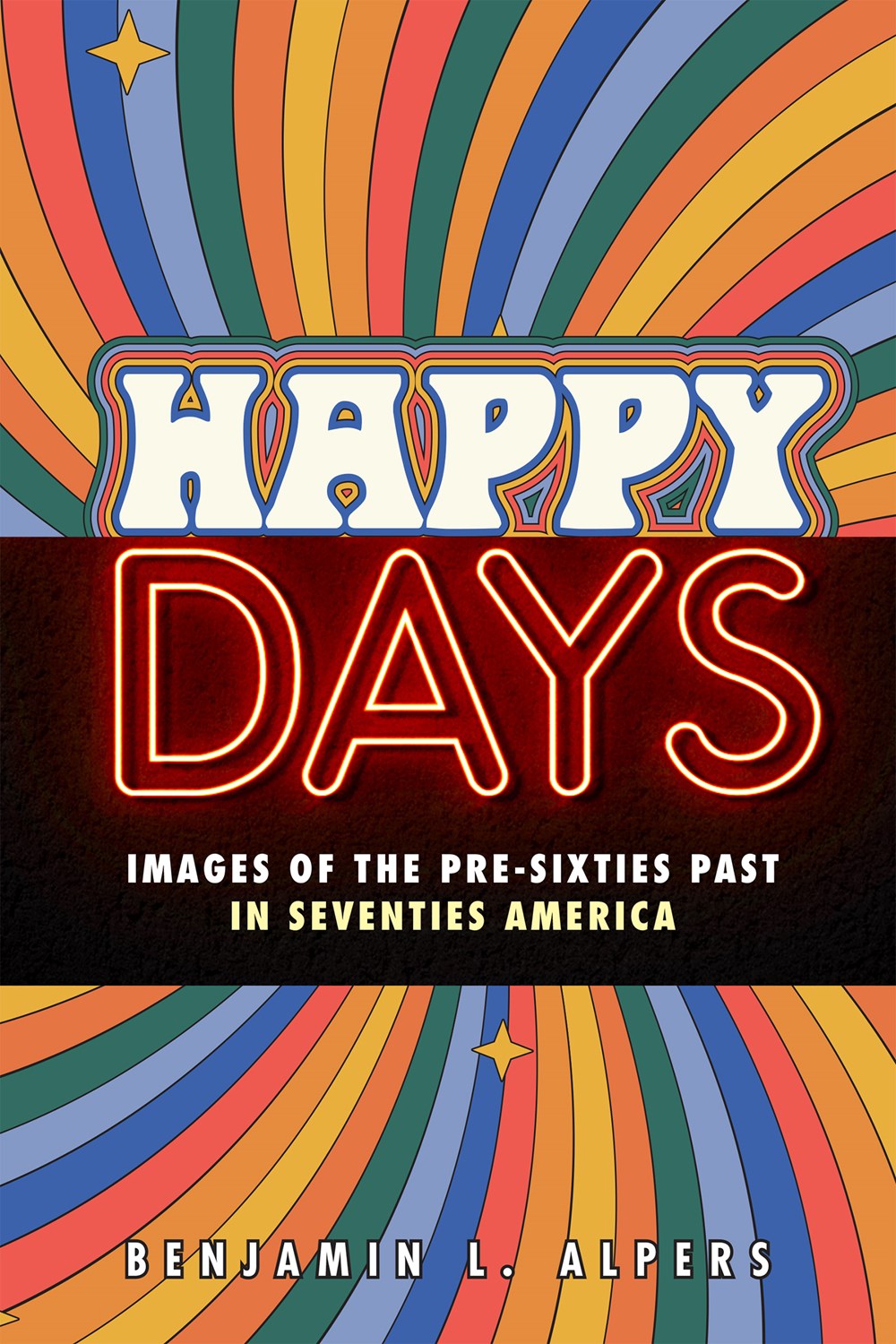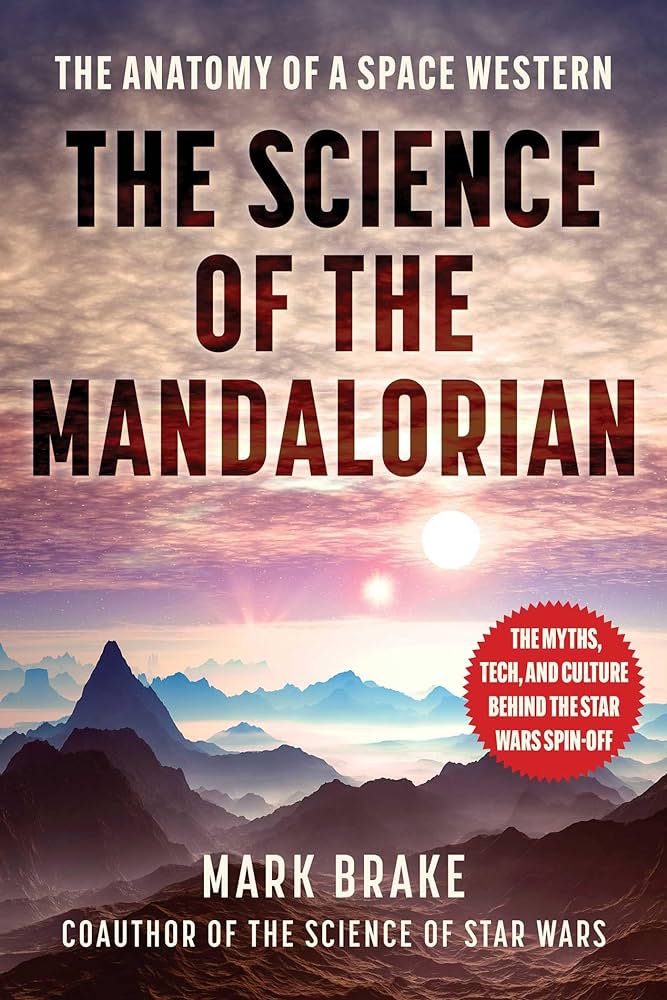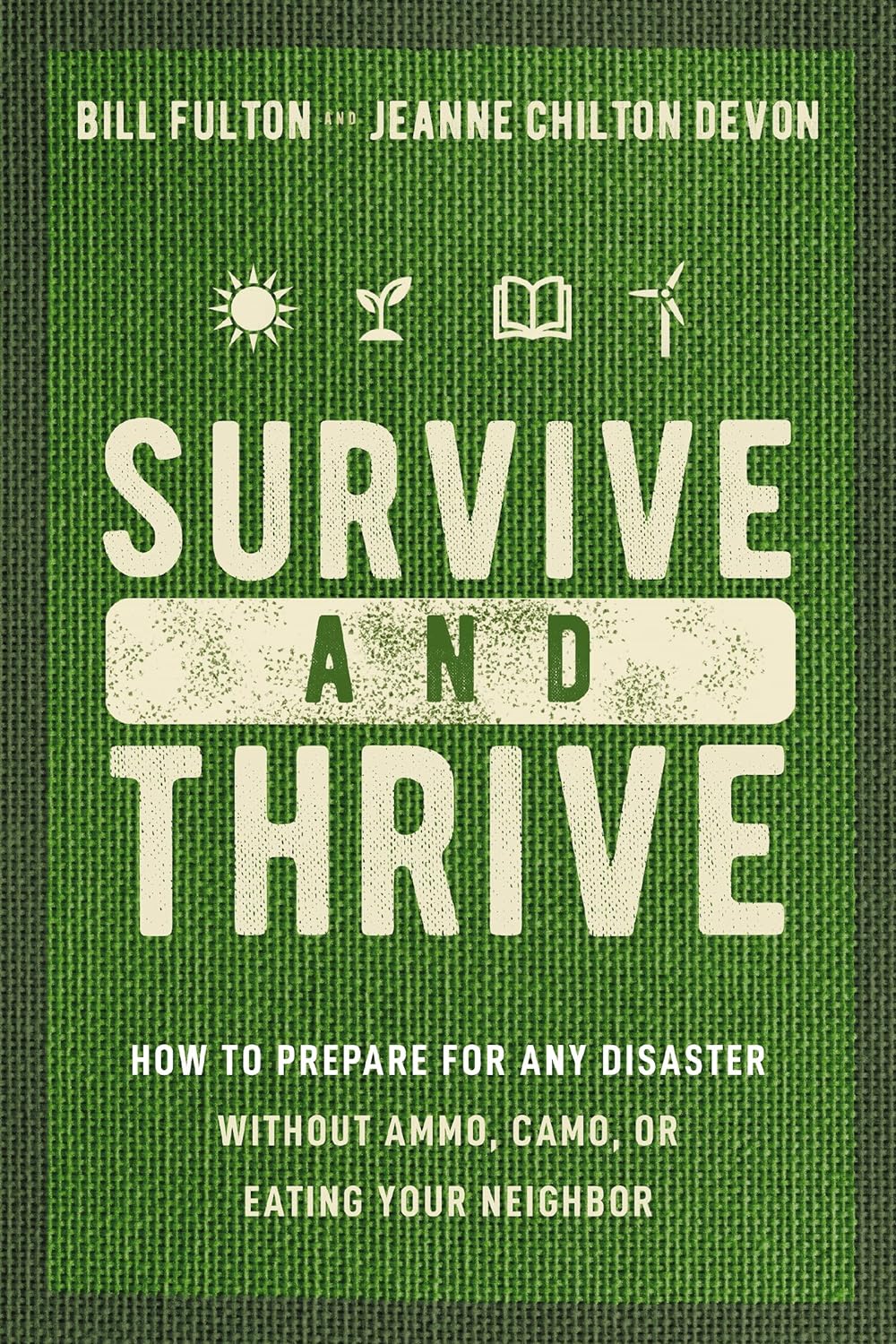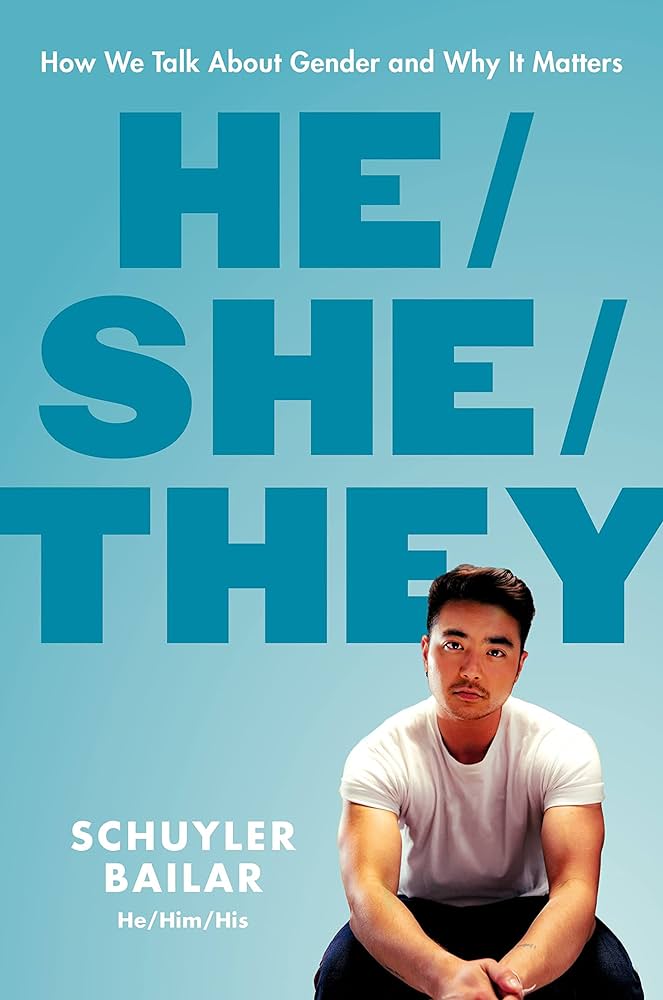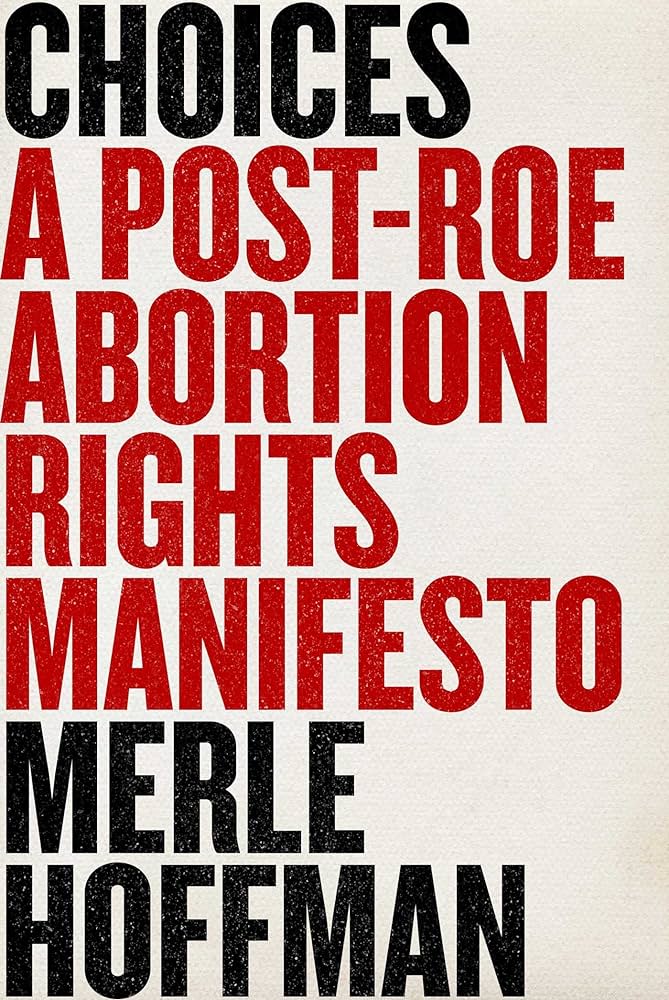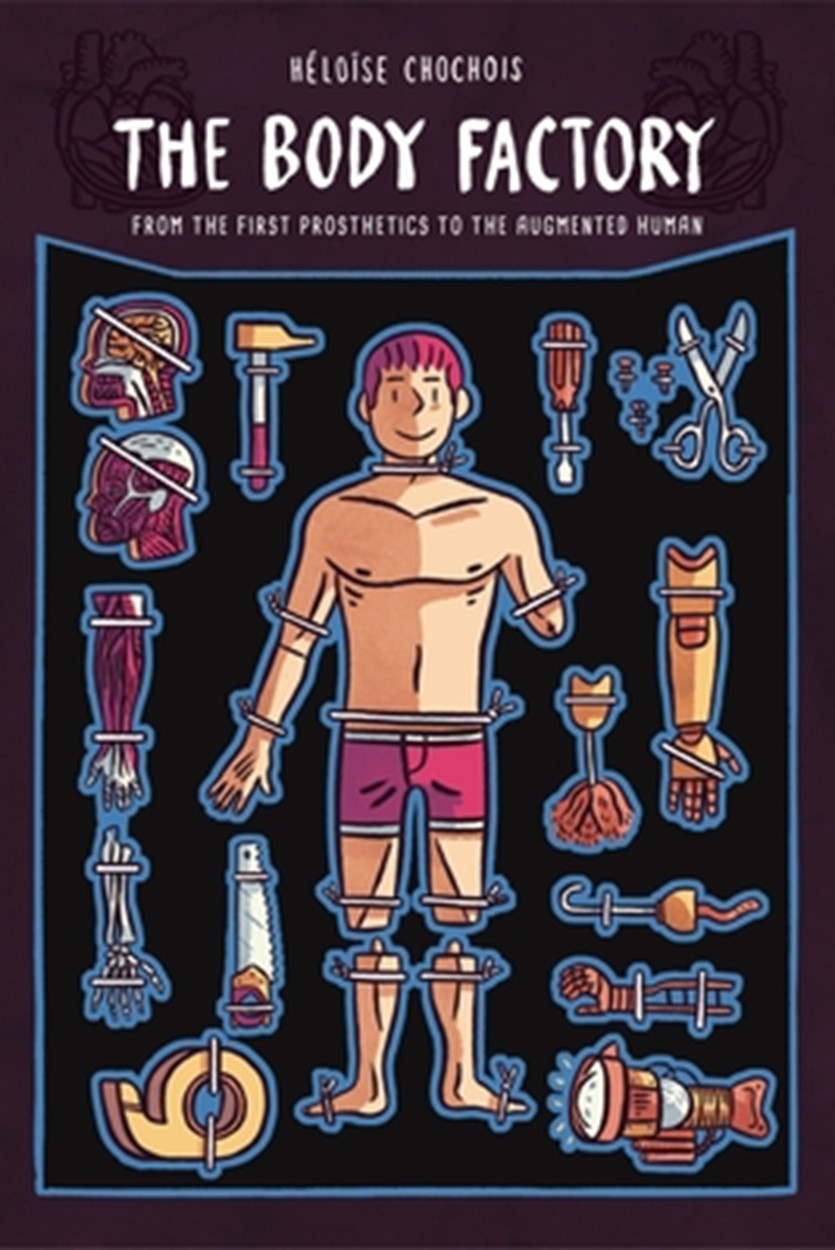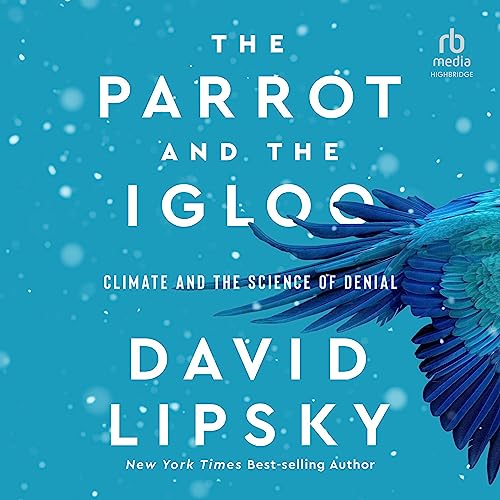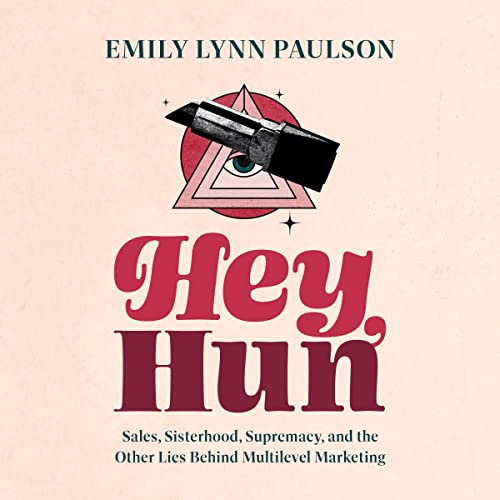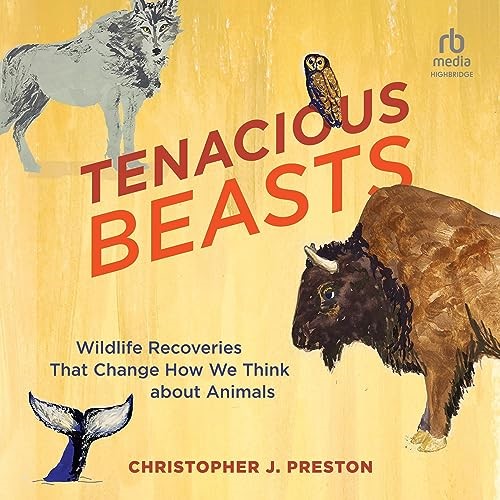Related
Encourage environmentally friendly living with a display full of books that offer ideas on wasting less and helping the planet.
This timely, highly recommended book makes a strong case for taking practical steps to reduce nonrenewable consumption and waste.
A valuable read for all. This title not only calls out the white supremacy that continues to oppress communities of color but it also provides a prescription for real change.
Required reading that expertly covers the ways in which social constructions, sexualization, and economic viability influence people’s views of bodies, their own and others’.
PREMIUM
Mutuality in El Barrio: Stories of the Little Sisters of the Assumption Family Health Service
Highly recommended for collections supporting sociologists, social workers, social justice research, and the study of grassroots and nonprofit organizations.
This title urges readers to care (in life and in death) about the disturbing number of Americans who go unclaimed each year.
Observations on wolves and grizzly bears, a guide to natural wonders, a look at the marvels of nature at night, and further considerations of life on this planet.
PREMIUM
Big Mall: Shopping for Meaning
The best up-to-date study on malls. For general readers, especially those interested in sociology and capitalism-related topics.
This fascinating, easy-to-read work describes the how, what, and why of animal behavior, much of which is remarkably similar to humans. A must-purchase, this book presents what is easily the most intriguing, thorough explanation of animal behavior ever produced.
Mosquito Warrior: Yellow Fever, Public Health, and the Forgotten Career of General William C. Gorgas
This fascinating book is as much of an account of mosquito-borne illnesses, research, and treatment as it is the story of Gorgas’s life. Will draw biography, military history, and medical history readers.
A good pick for listeners seeking stories of tragedy and triumph about a specific set of women celebrities who bore the brunt of the sexism for which society has only recently begun to atone. Recommended for fans of pop culture critique, such as Celebrity Nation by Landon Y. Jones.
The Weinersmiths’ (Soonish) lighthearted and accessible production is food for thought about space settlement, highlighting the many issues that must be addressed before humankind can realistically consider such an endeavor.
A pleasurable and informative audiobook for cat lovers. Libraries will want to reserve a warm sunbeam for this one.
A brilliant, playful, paradigm-shifting work on the overlooked importance of women’s bodies to human evolution and scientific narratives. Highly recommended for all fans of science writing, especially those interested in women’s issues and human evolution.
This audiobook is rigorous and technical but relatable. Recommended where patrons show interest in popular science and history.
Bailar’s informative and affecting book couldn’t be timelier. An important resource for parents, friends, allies, teachers, trans and cisgender people, and anyone hoping to deepen their knowledge and understanding.
Perfect for true-crime lovers who want a story about sinister thefts that aims to uncover the psychological motivations behind some sensational crimes.
This highly recommended work about anthropological museums and creating culturally appropriate exhibits challenges preconceptions and encourages readers to think critically about this complex and important issue.
An informative and entertaining account of medieval travel that will be appreciated by readers of both popular history and travel stories. Those more interested in relics should consult Patrick J. Geary’s Furta Sacra.
A significant contribution to the debate on the making of modern sexualities and an essential read for historians and serious students of premodern European history. Both general readers and scholars will undoubtedly come away with new insights from this meticulously researched and argued book.
This book traces the elisions and obfuscations in Ilf and Petrov’s story and the political and humorous motivations they may have had for doing so. Questions of politics, art, commerce, identity, and how Soviet citizens perceived themselves in relation to Americans make for a fascinating story. It’s somewhat academic, but this book is a must for readers interested in Soviet, American, or Jewish history and radical politics.
As a gripping study sprinkled with puns and puzzles, this book encompasses the reasoning behind Shechtman’s own search for meaning while describing the constraints and histories of women who changed the narrative about wordplay. The book also soundly cracks the code for feminists puzzling over how wordplay fits into gender politics.
An eye-opening and exhaustive look at the U.S. Constitution. This book will reward readers’ tenacity and enlighten academics, policymakers, and civic-minded Americans alike.
This debut is everything fans of memoirs could hope for: a beautifully written, searing and honest tribute to family.
A must have for readers interested in the consequences and transformation of mass incarceration, mass supervision, and inhumane policies and practices.
Readers interested in the China-Burma-India Theater of World War II and Asian history will enjoy Alexander’s detailed and beautifully written account.
With gripping prose, this book encourages policymakers to consider the many hazards associated with the unavoidable increases in global temperature that the world faces. This is a call to arms addressing one of the most critical issues of contemporary times.
McMahon’s exemplary ability to explain the changes in party politics, ideologies, and political practices helps readers to visualize the monstrous philosophical gap between the judges and their electorate. This confirms his thesis that judicial independence is creating judicial isolation, to the detriment of the country. The book will appeal to voracious consumers of political thought and current events.
An extraordinary story of one man’s efforts to stop the Nazi regime. Best for those who enjoy history, biography, and tales of espionage.
This reader-friendly work concisely explains vital economic principles. The section on personal finance should be required reading for everyone. The superb electronic supplemental material package can be used to structure any introduction to economics course, and this work nicely supplements the fifth edition of Thomas Sowell’s Basic Economics. Highly recommended for public libraries and all high school and university economics instructors.
A well-crafted narrative with a genuine and heartfelt approach. Nominally a business title, but it will have a broad general appeal for readers looking to rediscover simple yet powerful principles that can lead to a more fulfilling and meaningful life.
A fascinating, immersive memoir of life off the grid. Will appeal to boaters, fishermen, adventurers, armchair travelers, and readers interested in the natural world.
Readers will easily imagine they are along for the ride in this crucial contribution to the geology of volcanoes. Inspired by Lewis Carroll’s Alice’s Adventures in Wonderland, this marvelous, earnest work is impressive and might motivate some readers to study volcanoes as a profession.
Science and space enthusiasts will revel in this journey through the cosmos. They will undoubtedly learn novel information along the way.
An essential purchase. This spectacular examination of light will impress curious readers eager to understand how light impacts their lives, from lighting the day to enabling X-rays in medical clinics to making cell phone calls. The title includes relatable language and excellent illustrated analogies, and it will appeal to fans of To Infinity and Beyond: A Journey of Cosmic Discovery by Neil deGrasse Tyson and Lindsey Nyx Walker.
This highly informative, authoritative title makes solid science accessible and entertaining, and it keeps alive the author’s tradition of clearly differentiating pseudoscience and quackery from empirical science. Schwarcz’s fans will love this latest book, and he’ll likely gain a new following as well. Nicely supplements The Demon-Haunted World by Carl Sagan and Ann Druyan and Why People Believe Weird Things by Michael Shermer.
With all its muck and scum, a book worthy of gloom, yet this telling of the Tampa Bay’s turnaround offers hope.
This brief, philosophical treatise will be a thoughtful addition to academic collections focused on artificial intelligence and human learning.
Both newbie cooks and old hands in the kitchen will want a copy of this smartly written cookbook that delivers a year’s worth of delicious dishes and invaluable culinary insight.
A well-written chronicle of a gardening year, a pandemic, and their intertwined histories. Will appeal to a broad range of readers.
Few home cooks will be able to resist indulging in Bertinelli’s latest book, which exhibits the same non-cheffy, warm, welcoming approach to cooking found in Ina Garten’s and Rachael Ray’s equally popular cookbooks.
At first glance, this book seems like a plea from an activist, but it’s far more than that. Peterson’s writing style and her intimately told stories about how animals and people can jointly navigate the planet have the ability to draw readers in and leave them with hope about the future of the world.
This engaging work of ethno-ornithology is a must for bird watchers and readers who want to form a more profound relationship with nature.
Best suited for academic readers interested in learning more about the link between climate change and political and social sciences.
The message is important, and well delivered, but Bodrug has also created a cookbook vegans will treasure for the wealth of “I can make this; I am going to make that!” recipes that are sure to become standards.
Titles exploring melting ice in Greenland, the ways geology explains the planet, dinosaur bones, animal communication, and the search for life beyond this planet.
This evenhanded, well written account will appeal to readers interested in public safety. The book benefits from interior photos of police stations and training materials.
Darlington’s expressive descriptions animate this highly recommended book that looks back at how nature stories encouraged a child’s wonder of river otters. It also looks at how otter populations are recovering in the UK.
A recommended title for forestry and media collections in higher education and for followers of Canadian events and studies.
PREMIUM
Sloth
This compact volume nicely covers the past, present, and future of sloths for readers who have fallen in love with them based on popular culture depictions.
PREMIUM
Saving Michelangelo’s Dome: How Three Mathematicians and a Pope Sparked an Architectural Revolution
An accessible book about the history of the dome that sparked an architectural revolution; recommended for general audiences.
Parents and child-welfare professionals will benefit from this excellent work that gives an insider’s view of child protective services. Pair with We Were Once a Family by Roxanna Asgarian.
WWAV’s experiences serve as an exemplar of Black women organizing in the South. Highly recommended for readers interested in grassroots activism and community organizing.
Delightful and eminently readable. This book about the Nerd Nite empire will be an excellent addition to science collections.
Geared toward curious lay readers willing to be challenged with mind-bending scientific puzzles. It helps to have some familiarity with physics, but this book is accessible with clear explanations, a sprinkling of humor, and a dash of poetry. The combination makes for an engaging follow-up to Cliff’s previous book, How To Make an Apple Pie from Scratch.
A wide-ranging picture of interconnectedness between aquatic biodiversity and humanity. Includes rich terminology and vivid descriptions and photographs. Highly recommended for libraries in the Southeast or any library with a strong environmental history collection.
A stunning and essential coffee-table book. Targeted at amateur astronomers, the book takes advantage of today’s advanced astronomy research that provides exciting new information from the sensitive eyes of modern large telescopes, both in space and on the ground. Nicely supplements Erich Karkoschka’s Observer’s Sky Atlas and the National Geographic Stargazer’s Atlas.
This engaging heart-and-mind approach to educating readers about trees reveals that they too have lessons to offer to the world.
PREMIUM
Trash: A Poor White Journey
A poignant glimpse into the lives and obstacles in an impoverished postindustrial county. Includes a call to action to unite and empathize with others.
Harris’s weighty ruminations may serve as either a cautionary tale or a wake-up call for Black women readers, young and older, who are considering higher education. Readers interested in social issues within academia should also peruse the book.
Adult readers seeking grounded scientific arguments about current climate change will appreciate this big-picture view of the history of Earth’s ecosystems and how present circumstances may herald another tipping point.
Written with acumen and care, this title will be of value to readers interested in learning more about media portrayals of disordered eating and feminist theory. Those drawn to the work of Roxane Gay, Elise Loehnen, and Susan Bordo will likely enjoy this title too.
A thought-provoking work that embraces Indigenous spirituality and wisdom. Ideal for environmentalists and scholars of Indigenous beliefs.
Scholarly but engrossing, this book captures the lingering uncertainty that has characterized the COVID pandemic, while assessing its global effects and likely future challenges. This vital title has breadth.
A solid reference guide that’s best for established gardeners looking to introduce organic methods and self-sustainability into their practice.
Leslie’s gentle, encouraging tone will assuage any doubts of readers new to sketching nature. An inspirational first flight for fledgling birders.
Scientific and individual humanitarian aspects come together in a moving but scary portrait of what will happen if climate change continues to make places uninhabitable. Readers will find this book to be quite informative and prescient. Give to those who enjoyed Jared Diamond’s Collapse.
This book presents numerous dire details about all the things in the universe that could potentially kill you, but the scientific, and sometimes humorous, points make it one to purchase. Guaranteed to make readers smile and even occasionally laugh out loud.
An intriguing perspective of 1970s American culture and nostalgia. Of interest primarily to history buffs.
A fun read for dedicated Star Wars fans. Even so, some readers may conclude that the book missed the opportunity to incorporate more science analogies and aspects.
PREMIUM
Survive and Thrive: How To Prepare for Any Disaster Without Ammo, Camo, or Eating Your Neighbor
A solid selection for collections. Ideal for people who want to learn general survival tips and to feel prepared for any disaster, from pandemics to earthquakes.
A vital and wide-ranging discussion of gender and sexuality. This thoughtful, galvanizing book is an essential purchase for all nonfiction collections.
A timely look at the state of the pro-choice activist movement. Recommended for readers interested in abortion access and activism.
Gruesome yet puckish, this summary conveys fascinating details of amputation, tourniquets, the phantom limb phenomenon, and prosthetics design. It makes a fine choice for adult and teen collections and for science curricula.
A thorough history outlining how deniers cast doubt on global warming and the U.S. government’s repeated failures to take action. Readers and listeners of Kate Aronoff’s Overheated will want to snap this story up.
This audio will appeal to listeners seeking issue-oriented influencer insight, blended with thought-provoking autobiography. Recommended for fans of Stephanie McNeal and Sara Petersen.
A hopeful yet realistic look at successful wildlife rehabilitation projects, narrated with perfectly pitched intensity. This is sure to make an impact.
A solid biography of the Moon. There’s plenty here for readers who enjoy planetary and earth science books.
These essays critically probe the native/nonnative paradigm of invasive-species ecology. Lee’s voice will stay with readers long after they finish this book.
Ritchie expertly coaxes readers out of the pit of despair and into a metaphorical lab that’s bright, working, and committed to ecological problem-solving.
Lake casts a wide net that embraces global Indigenous perspectives and modern science to discuss topics such as humanity’s origin, society’s relationship to nature, and the imperative need to halt and reverse climate change. Highly recommended for public and academic libraries.
This expert untangling of complicated concepts will kindle curiosity and awe for quantum physics. An excellent recommendation for both science-fiction enthusiasts and readers of popular nonfiction.
An excellent and thorough biography of a character whose true story is not widely known, and a wild ride through the Depression and the U.S. prison system; many will enjoy the journey.
An accessible, absorbing look into an evolving form of queer culture, written by a brilliant sociologist.
Cute and appealing. The wonderful list of suggested reading is a virtual who’s who of tarot (a good guide for parapsychology collection development). A helpful index completes the package.
This well-researched title is an important chronicle of the treatment of Black Americans and their mental health during the Jim Crow era. Beyond promoting systemic change, Hylton compels readers to look within to assess how they treat and view the people around them.
This compact book will delight readers of esoteric divination, witchcraft, and good old-fashioned fortunetelling.
Effectively shows the importance of innovation in modern economies while also making clear that innovation alone does not guarantee good outcomes. Will appeal to those studying or working in public policy or economics.
Will likely be a popular selection as the 2024 election draws near. It will also be of interest to those teaching civics and journalism.
articles
ALREADY A SUBSCRIBER? LOG IN
We are currently offering this content for free. Sign up now to activate your personal profile, where you can save articles for future viewing
